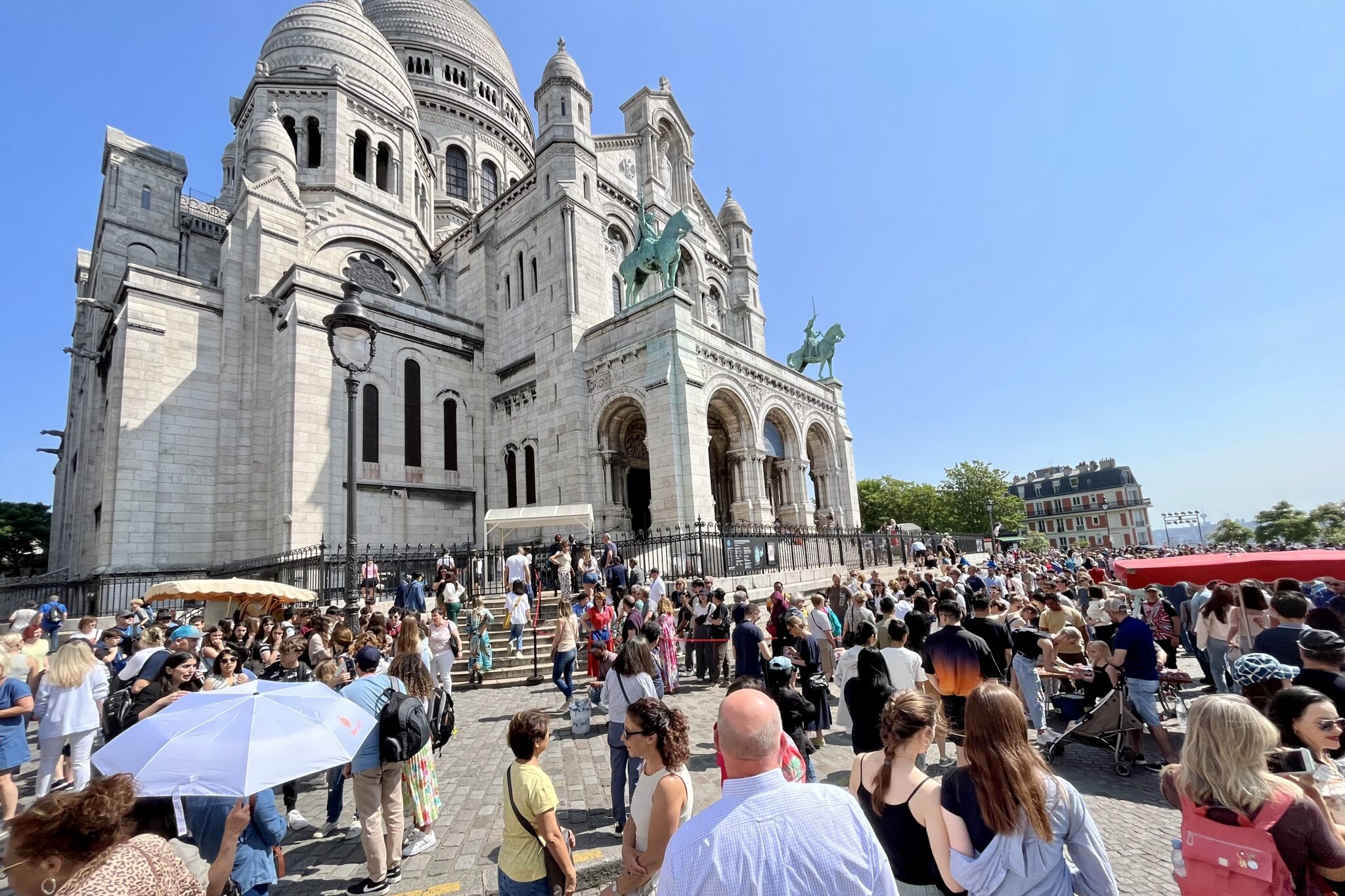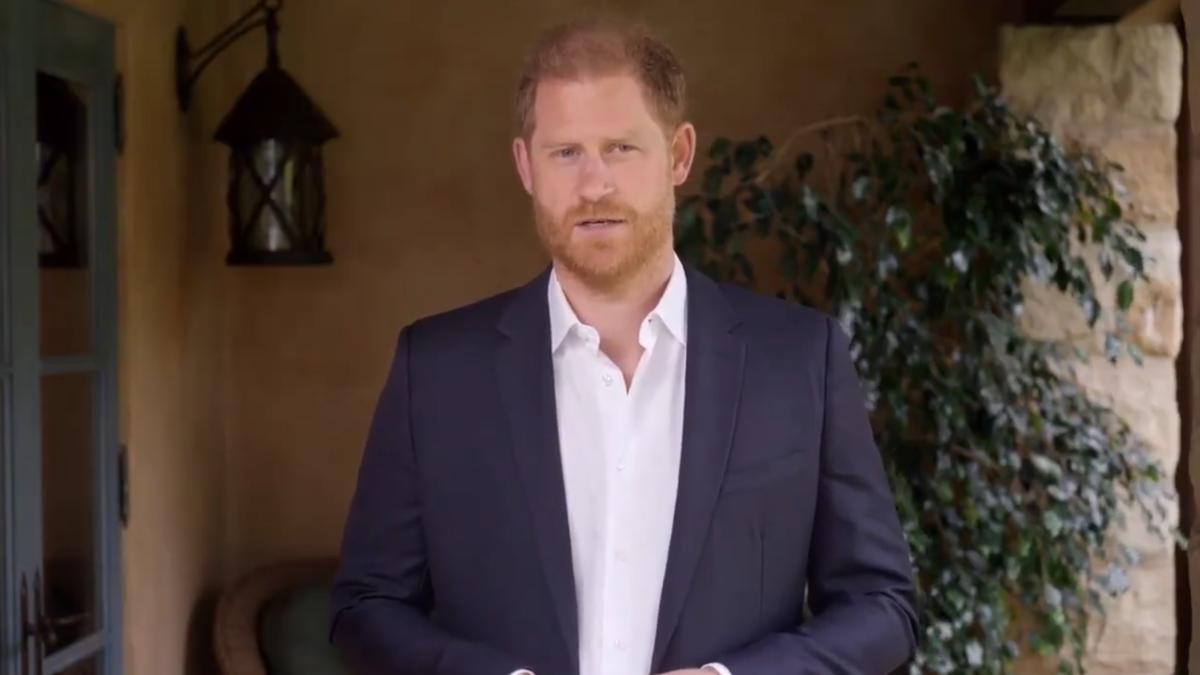Europe Grapples With Extreme Heat

Skift Take

Skift Daily Briefing Podcast
Listen to the day’s top travel stories in under four minutes every weekday.Good morning from Skift. It’s Thursday, June 20, 2024. Here’s what you need to know about the business of travel today.
Listen Now
🎧 Subscribe
Apple Podcasts | Spotify | Overcast | Google Podcasts | Amazon Podcasts
Episode Notes
Destinations across Europe are grappling with extreme heat, with soaring temperatures contributing to the deaths of five tourists in Greece. Authorities on the continent are struggling to develop strategies to combat the heat, writes Travel Experiences Reporter Jesse Chase-Lubitz.
Chase-Lubitz notes policy experts in the European Union believe governments are unprepared for the heat despite having access to information about possible heatwaves. European Climate Pact Ambassador Cinzia de Marzo said countries are responding to emergencies instead of putting plans in place to deal with extreme heat.
The World Meteorological Organization released data recently showing that five of the most severe heat waves since 1950 took place in just the past three years.
Next, a large number of Asian sports fans have traveled to Europe for the Euro 2024, the continent’s soccer championships, reports Asia Editor Peden Doma Bhutia.
Online travel company Trip.com Group reported a 125% increase in bookings to Germany from Asian tourists. Bookings from Chinese tourists have registered the largest jump — 132%. A Trip.com executive cited a growing Asian middle class with disposable income as one reason Asian fans are interested in traveling to Germany for the tournament.
In addition, flying to Germany has gotten easier for Chinese travelers, in particular. The number of direct flights from China to Germany has increased by 70% compared to last year.
Finally, JetBlue is making a big change to its baggage policy. From September, the airline will allow all passengers — even those on its most restrictive ‘Blue Basic’ fare — to bring a carry-on bag for no extra charge. Airlines editor Gordon Smith gets into the impact.
The policy change brings JetBlue in line with most of its peers. American, Delta, Southwest, and Alaska all allow ‘free’ carry-on bags, plus a smaller underseat personal item, across all fare categories.
The move leaves United Airlines as the only major U.S. network carrier to charge its Basic Economy passengers for a carry-on.
Come September, United will find itself squeezed on two fronts. Along with all of its more upscale counterparts offering complimentary carry-ons as standard, even ‘ultra-low-cost airlines’ are making big customer service improvements.
Producer/Presenter: Jane Alexander
Skift’s in-depth reporting on climate issues is made possible through the financial support of Intrepid Travel. This backing allows Skift to bring you high-quality journalism on one of the most important topics facing our planet today. Intrepid is not involved in any decisions made by Skift’s editorial team.





